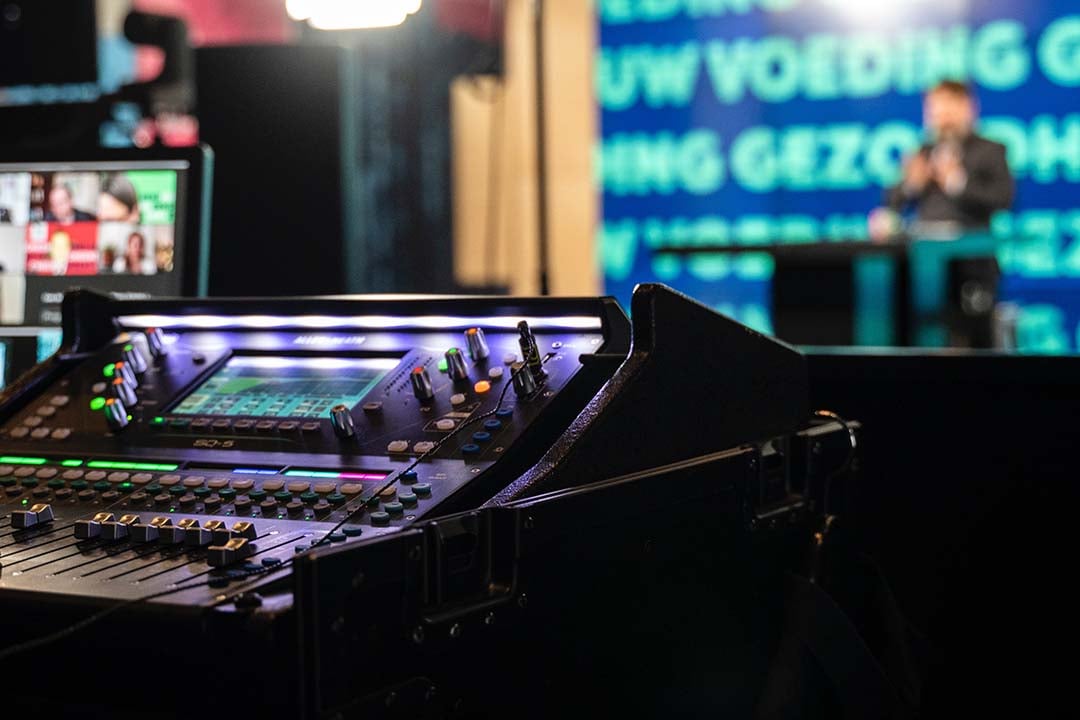Live events offer a unique and powerful way to engage audiences, create meaningful connections, and generate lasting impact. Whether it’s a conference, concert, or charity event, successful live events require thoughtful project management. This article outlines best practices for project management of live events.
Preparing for a live event
The success of any event starts with proper preparation. Before the event can move forward, it’s important to confirm the logistics and details – the date and location, estimated audience size, and the event goals. It’s also necessary to define the roles of each team member and establish expectations. This initial phase of preparation will set the stage for a successful event.
Once the logistics and details are confirmed, it’s important to create a timeline for the event. This timeline should include all of the tasks that need to be completed, as well as deadlines for each task. It’s also important to create a budget for the event, and to ensure that all necessary resources are available. Finally, it’s important to create a plan for marketing the event, to ensure that the right people are aware of the event and can attend.

Planning a successful live event
Once the logistics are confirmed, it’s time to plan out the event. A detailed roadmap should be established that includes timelines and deadlines, objectives and goals, and budgeting considerations. This roadmap should include a list of tasks and responsibilities for each team member, and should take into account any potential risks or issues that may arise.
It is also important to consider the marketing and promotion of the event. This should include creating a website or landing page, creating social media accounts, and developing a marketing plan to reach the target audience. Additionally, it is important to consider the branding of the event, such as creating a logo, selecting a color palette, and designing promotional materials.
Related: The 3 Biggest Live Event Project Management Mistakes and How to Avoid Them
Establishing timelines and deadlines
Timely execution is critical for any event. Establishing timelines and deadlines helps ensure that tasks are completed on time and that the event runs smoothly. Deadlines should be clearly communicated to all team members so everyone is aware of their responsibilities. Regular progress updates should be conducted to track progress against deadlines.
It is important to be realistic when setting deadlines and timelines. Allow enough time for tasks to be completed and for any unexpected delays. It is also important to set milestones along the way to help keep the team on track. Celebrate successes and recognize the hard work of team members to keep morale high.
Need a little help evaluating your PM tool? Check out these must-have features.

Setting objectives and goals
Objectives and goals provide a sense of direction when planning events. They give the event team clarity on the desired outcome and help to focus resources on areas that are most important. It’s important to ensure that objectives and goals are specific, measurable, attainable, relevant, and time-bound (SMART).
When setting objectives and goals, it is important to consider the resources available and the timeline for the event. This will help to ensure that the objectives and goals are realistic and achievable. Additionally, it is important to involve all stakeholders in the process of setting objectives and goals. This will ensure that everyone is on the same page and that all objectives and goals are aligned with the overall vision for the event.

Managing resources and budgeting
Budgeting is an essential element of project management for live events. Resources should be allocated in a way that maximizes efficiency and minimizes risks. It’s important to identify all costs associated with the event – from venue rental to staff wages – and ensure that the budget is adhered to. The budget should also include potential contingencies for unexpected costs.
It is also important to consider the cost of marketing and promotion for the event. This should be factored into the budget to ensure that the event is well-publicized and reaches the right audience. Additionally, it is important to consider the cost of any necessary equipment or materials that may be needed for the event. By taking all of these factors into account, the event can be planned and budgeted for in a way that is both efficient and cost-effective.
Related: How Centralized Project Management Can Help You Grow Your Live Events Business
Developing a project management plan
Once the objectives, timelines, and budgets are established, it’s time to develop a project management plan. This plan should outline how the event will be managed from start to finish. It should include an overview of responsibilities for each team member as well as plans for communication and collaboration. The plan should also include provisions for risk management and contingency planning.
The project management plan should also include a timeline for the project, detailing the steps that need to be taken and when they need to be completed. This timeline should be regularly updated to ensure that the project is on track and that any changes or delays are accounted for. Additionally, the plan should include a budget for the project, outlining the costs associated with each step and any potential risks that could affect the budget.
You might like: Planning for Success: How to Achieve your Live Event Goals feat. Tom Stimson

Identifying potential risks and troubleshooting
Risks can disrupt events at any point in the planning process. It is important to identify potential risks early on in order to develop strategies to minimize them. Common risks include weather-related disruptions, technical failures, or personnel issues. The project management plan should include provisions for dealing with risks as they arise.
Regular progress updates should be conducted to track progress against deadlines. Communication is also essential throughout the project – team members should be kept informed of changes in plans or expectations. Regular meetings can help ensure that everyone is on the same page and that tasks are completed on schedule
No matter how well an event is planned, unexpected issues can arise. It is important to have a system in place for troubleshooting and problem solving in order to address issues quickly and effectively. The project management plan should outline roles and responsibilities for troubleshooting tasks in order to minimize disruption.
Evaluating success of the event
Once the live event is complete, it’s important to evaluate its success. This includes assessing the impact of the event against its objectives and goals, as well as gathering feedback from audience members. This evaluation can help inform future events and improve overall project management.
By following best practices for live event project management, teams can ensure that their events are well planned and executed successfully. By addressing challenges before they arise and maintaining communication throughout the process, teams can plan successful events that reach their desired outcomes.
Have you evaluated your strategy for managing live events?
LASSO Project Management is designed to streamline your event planning process, saving you time and ensuring a successful event.
